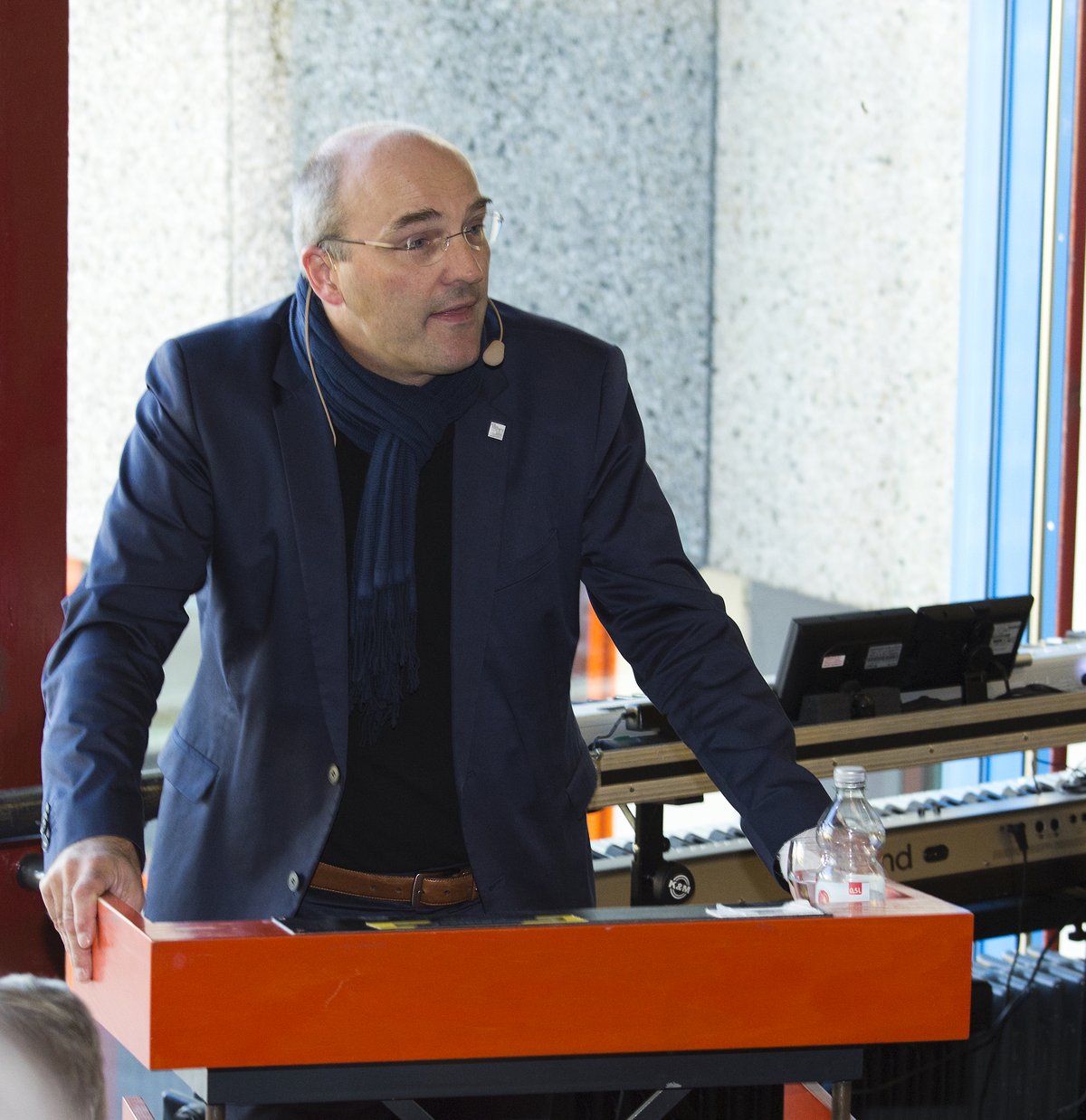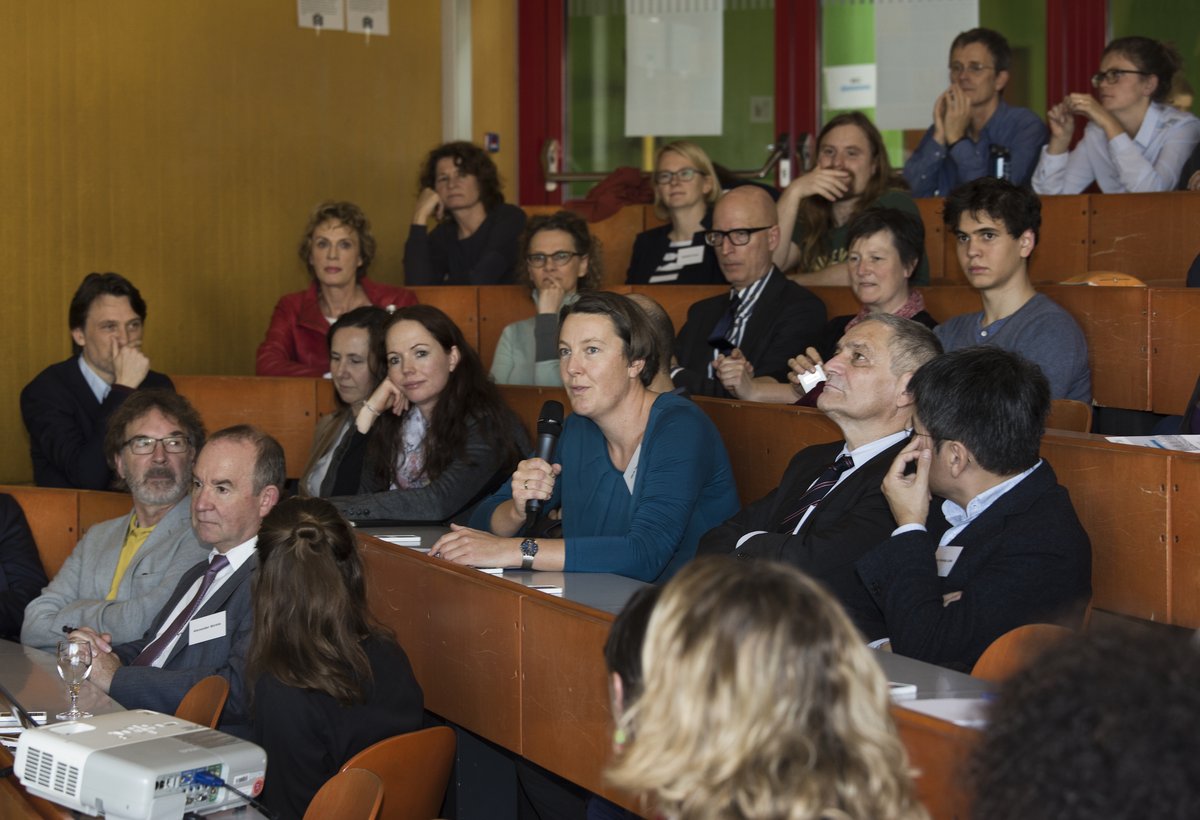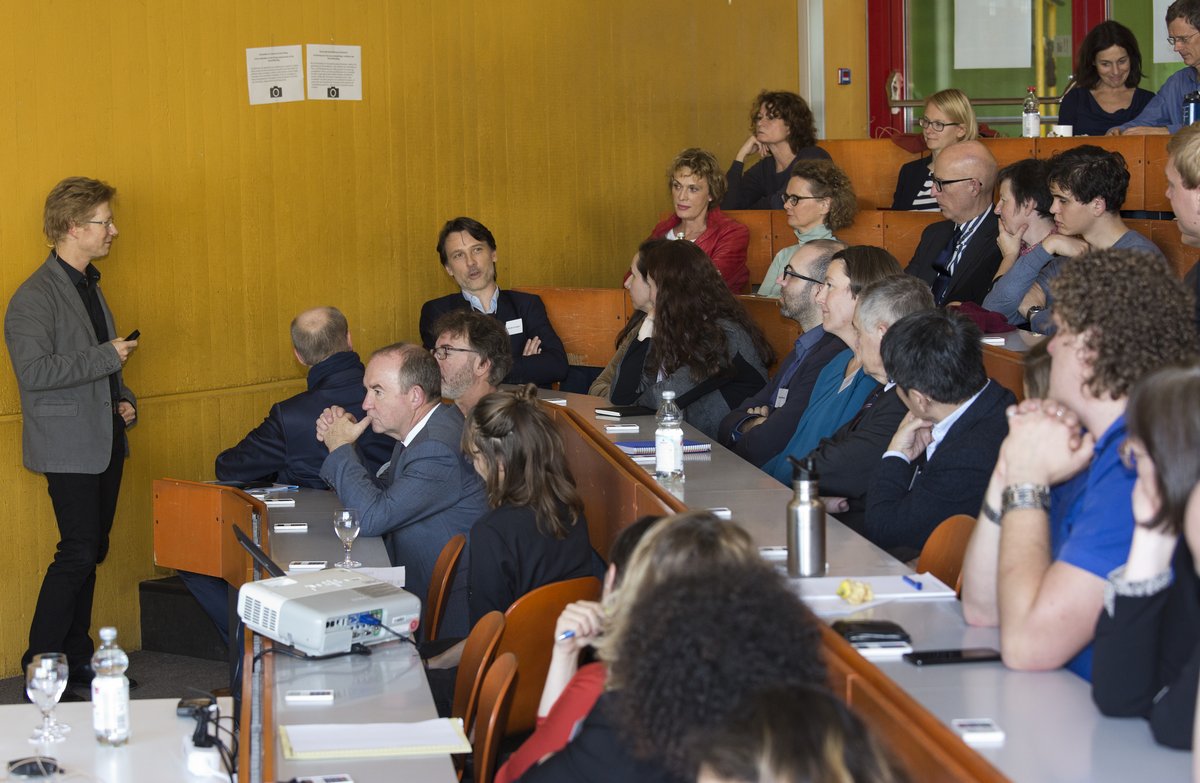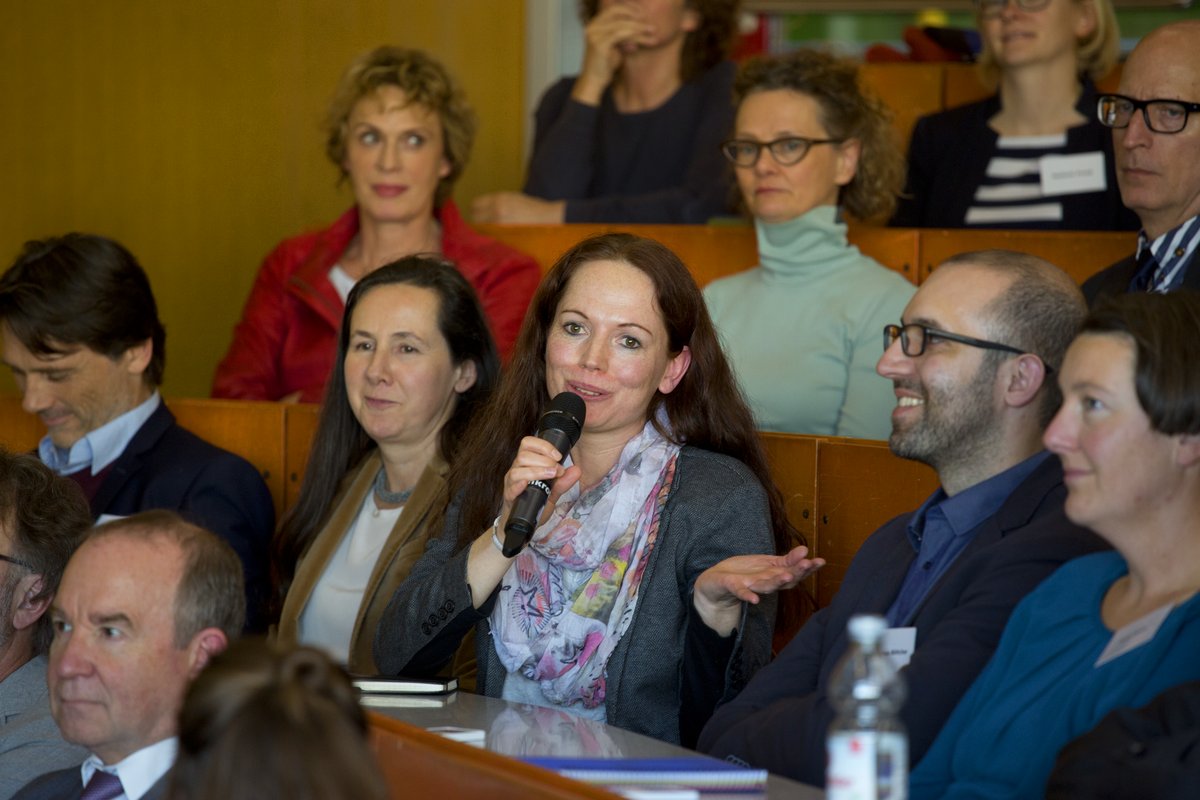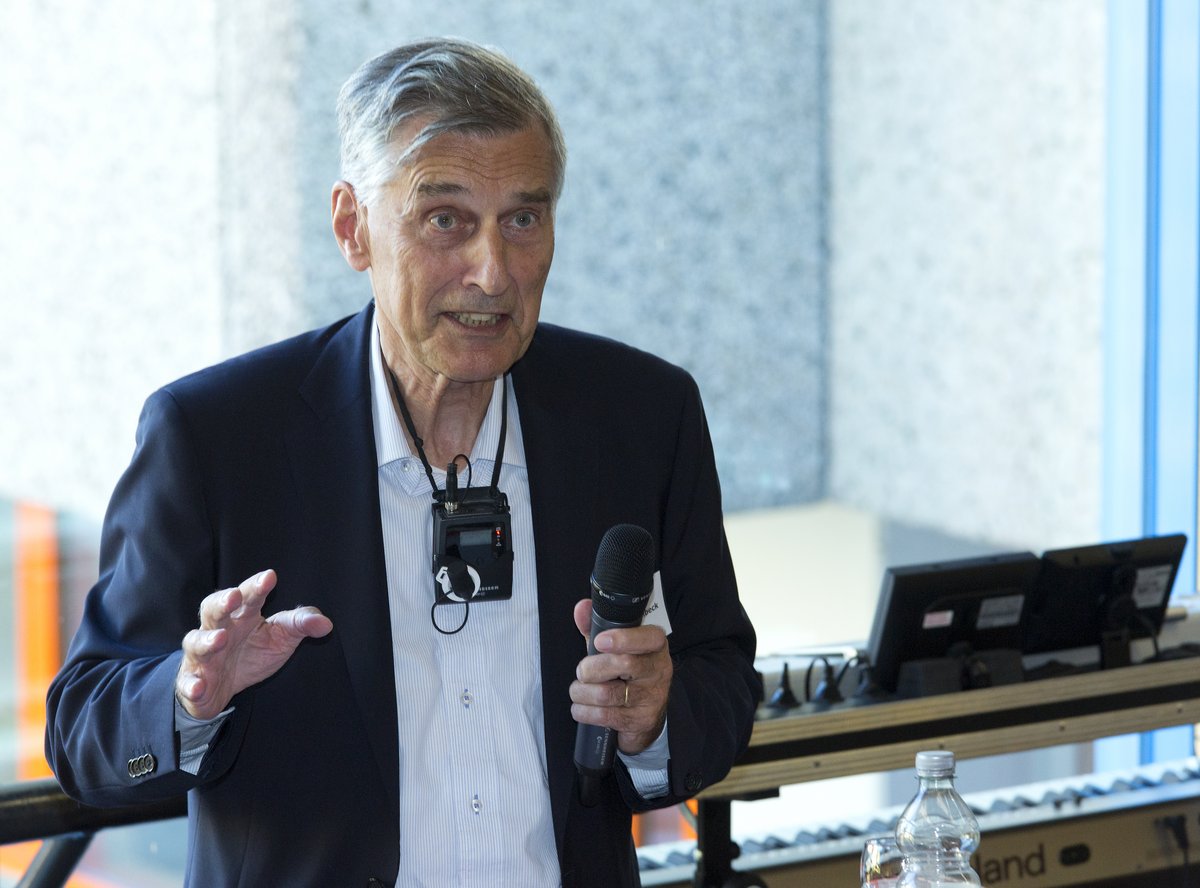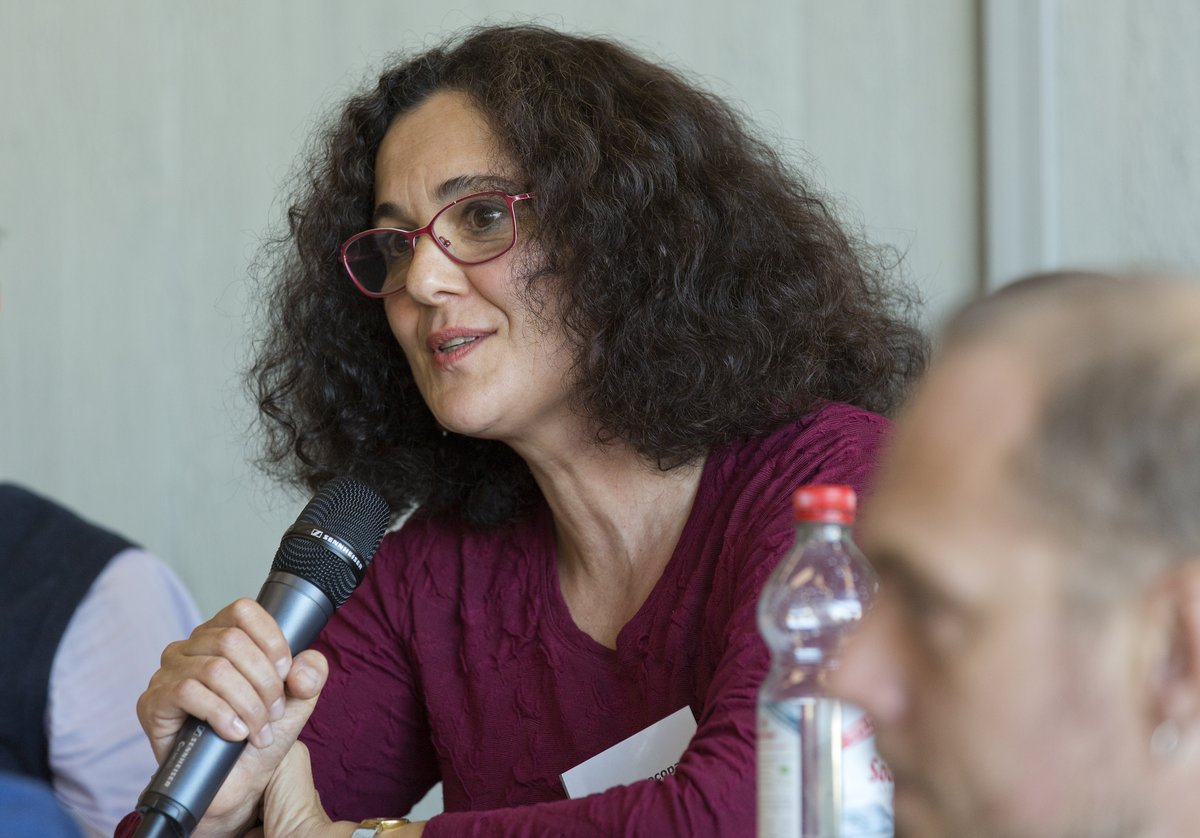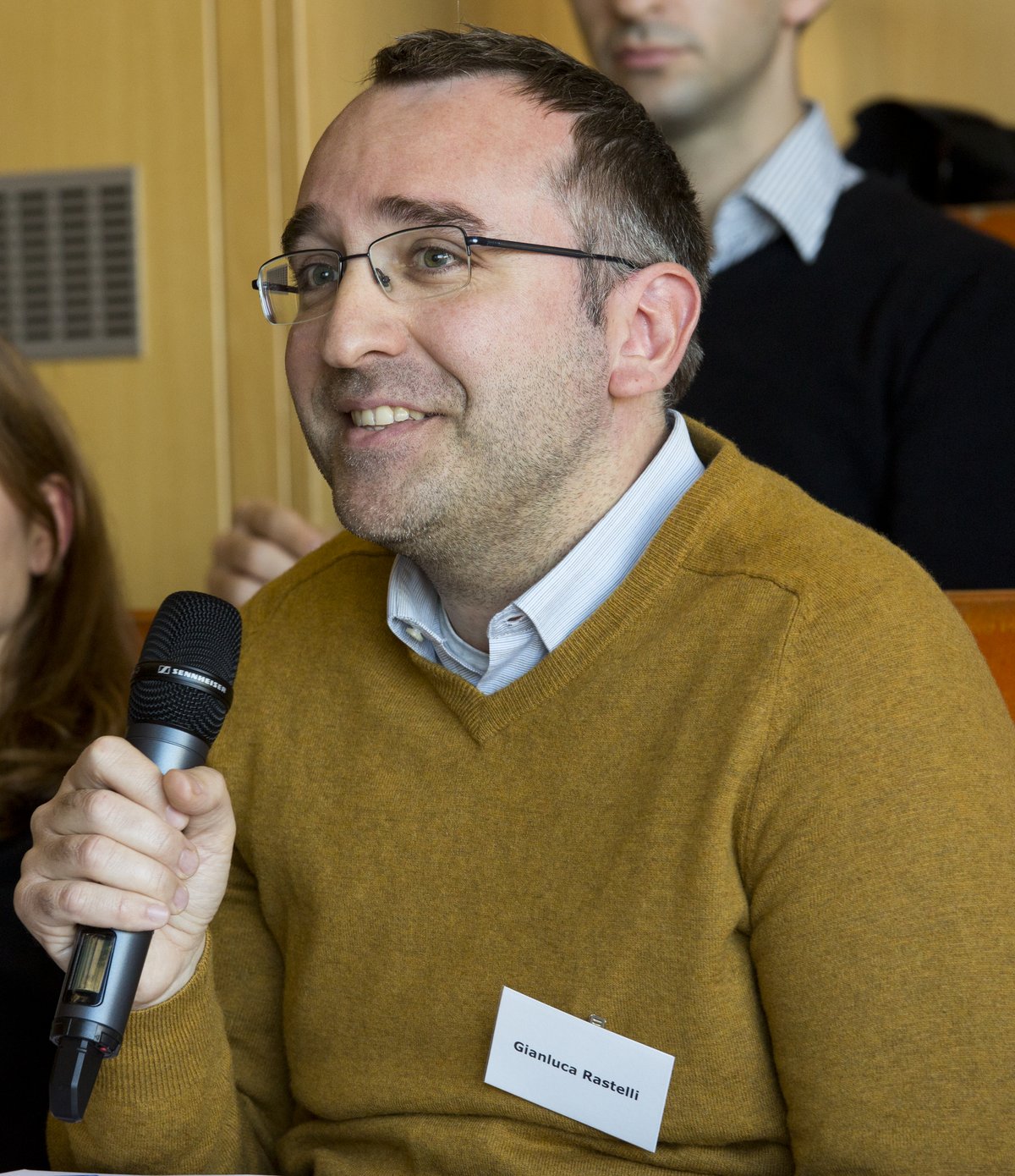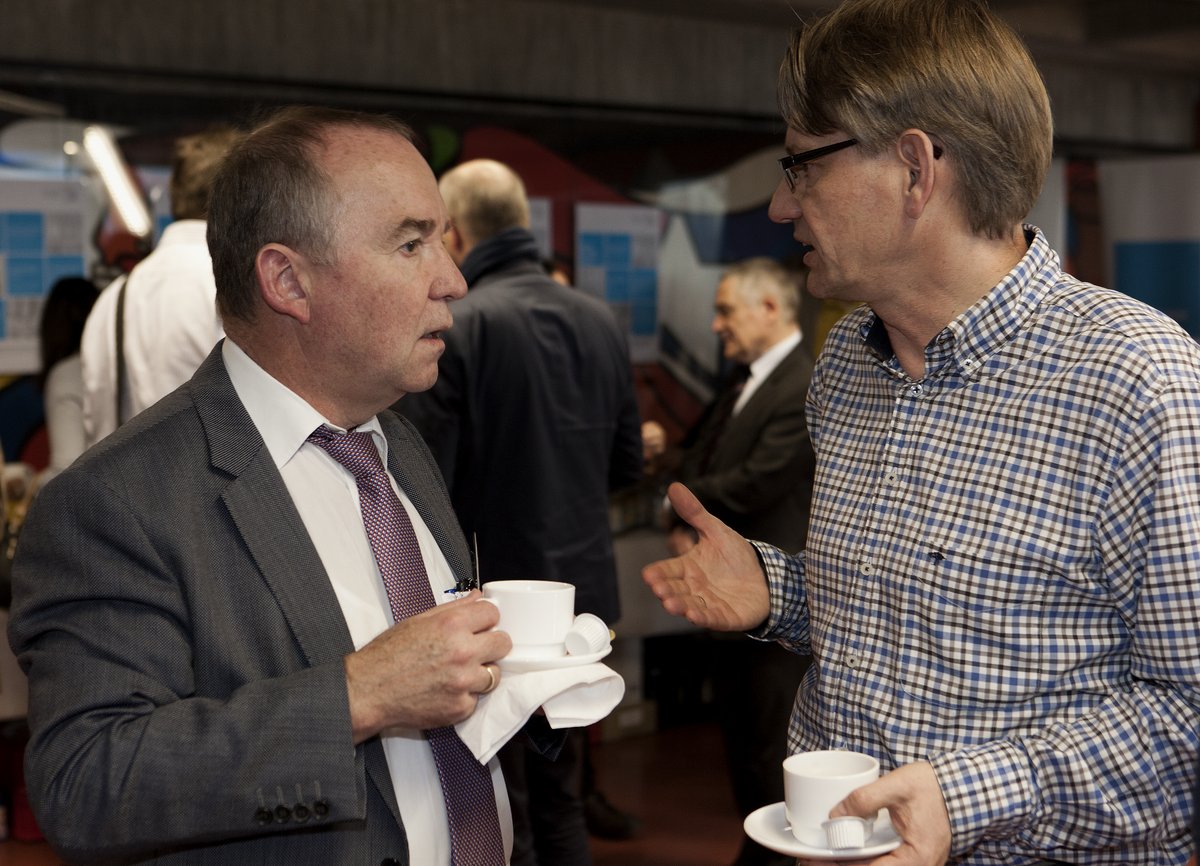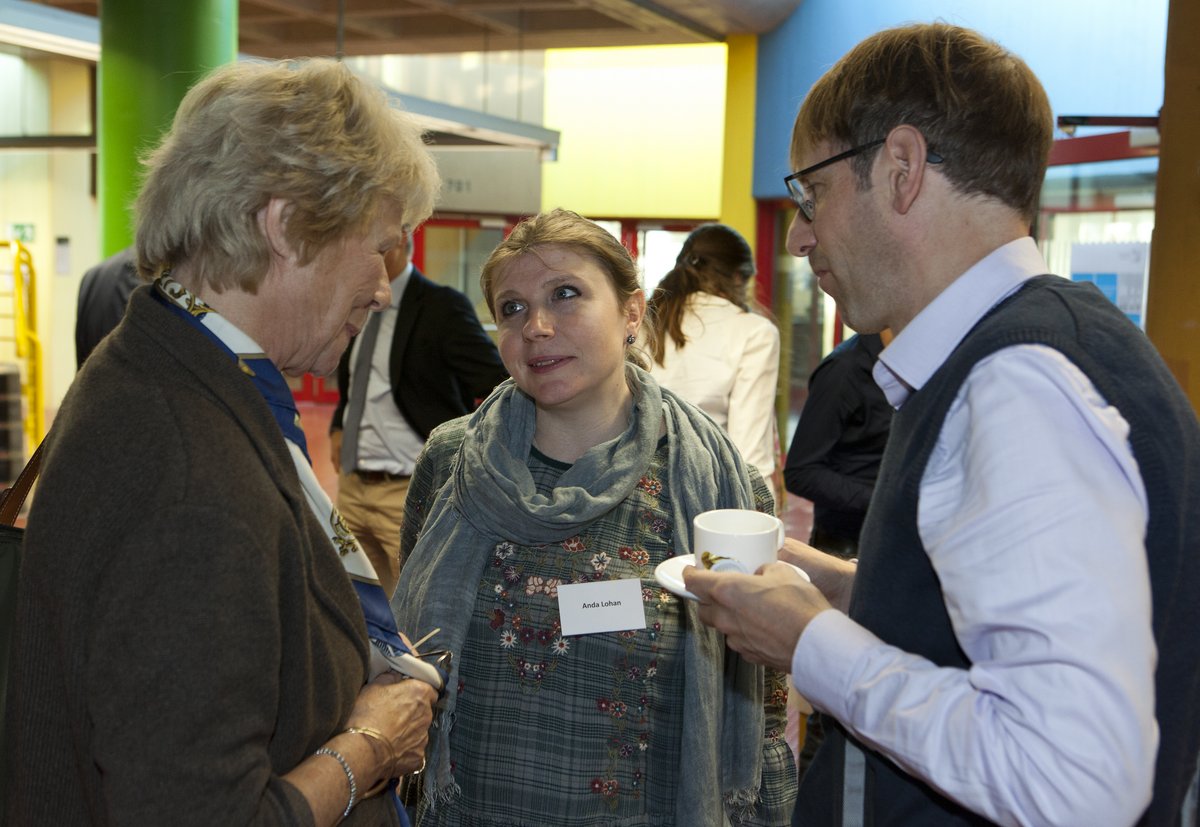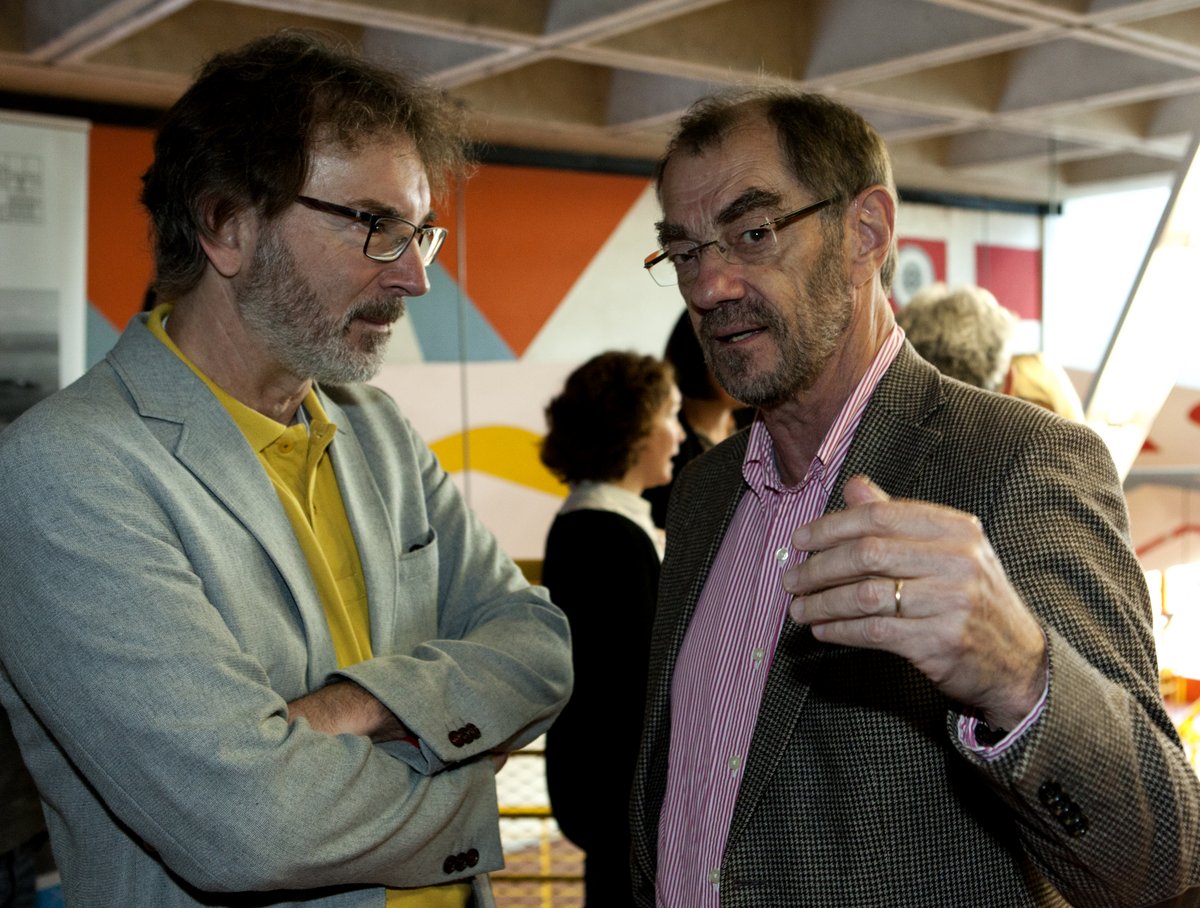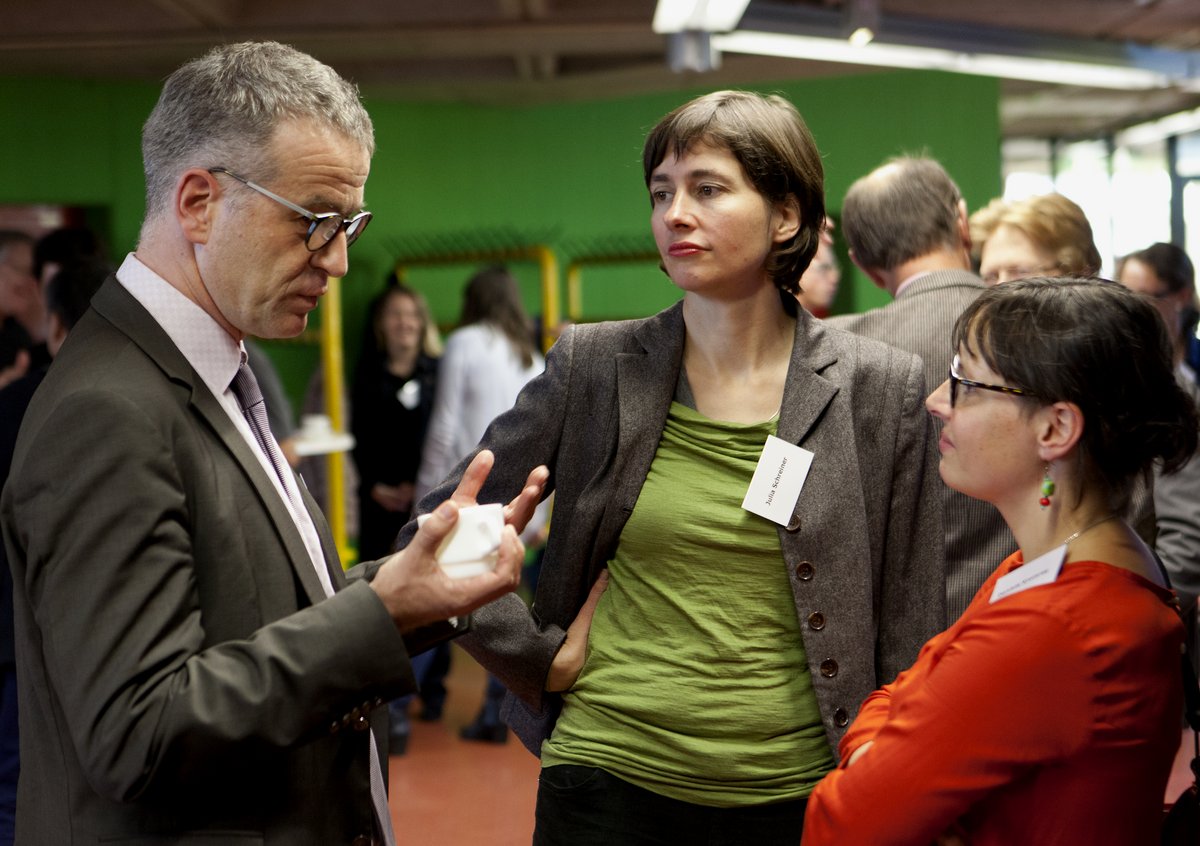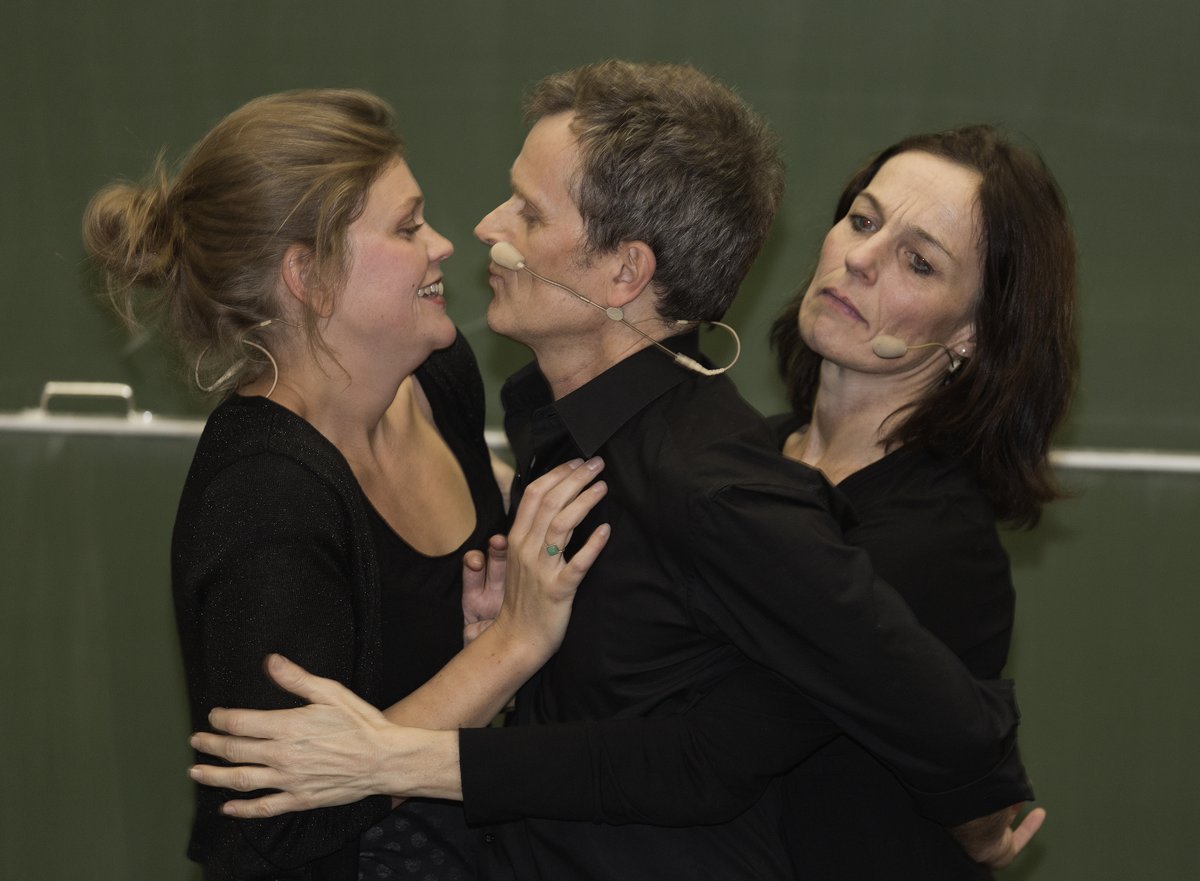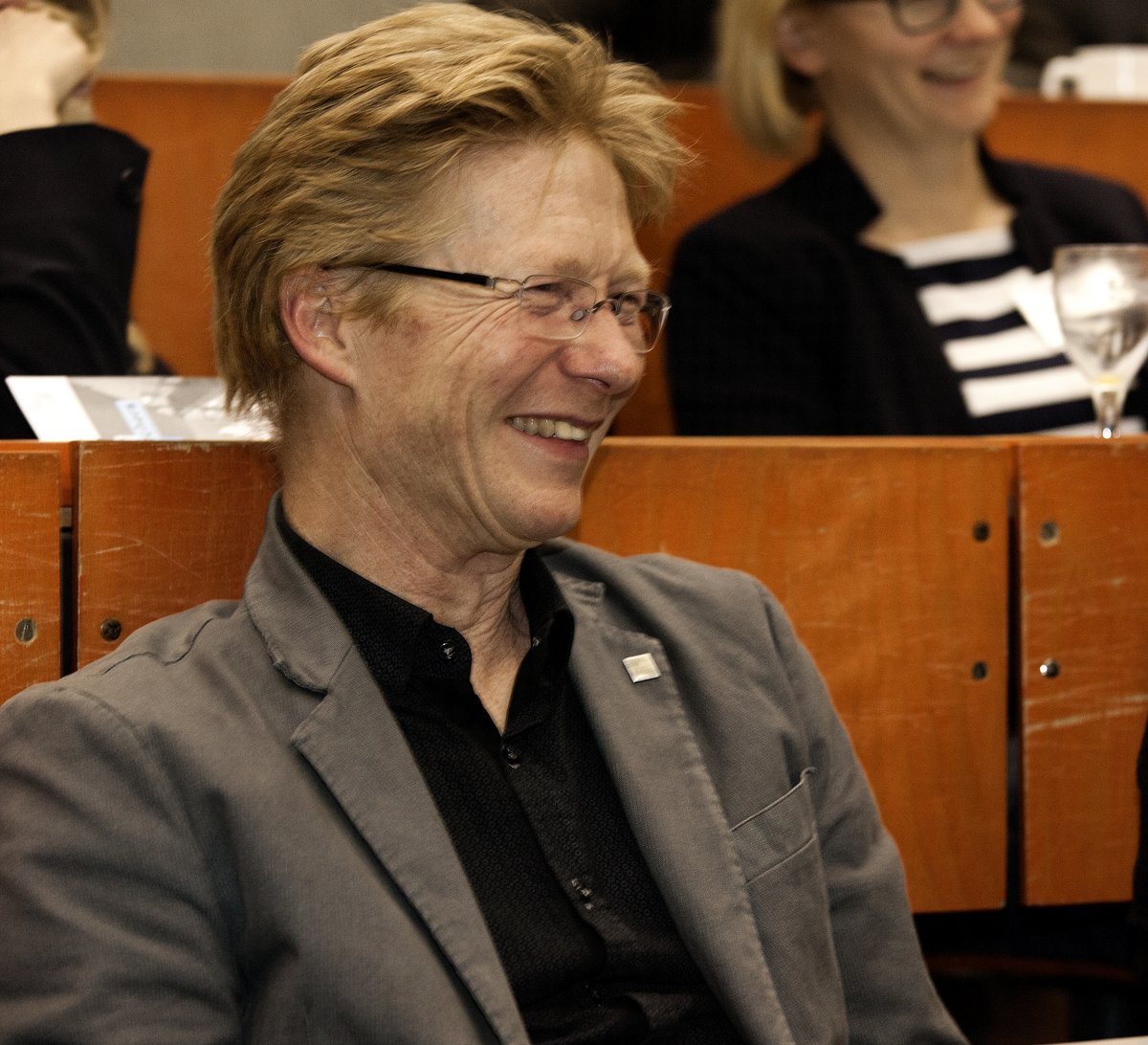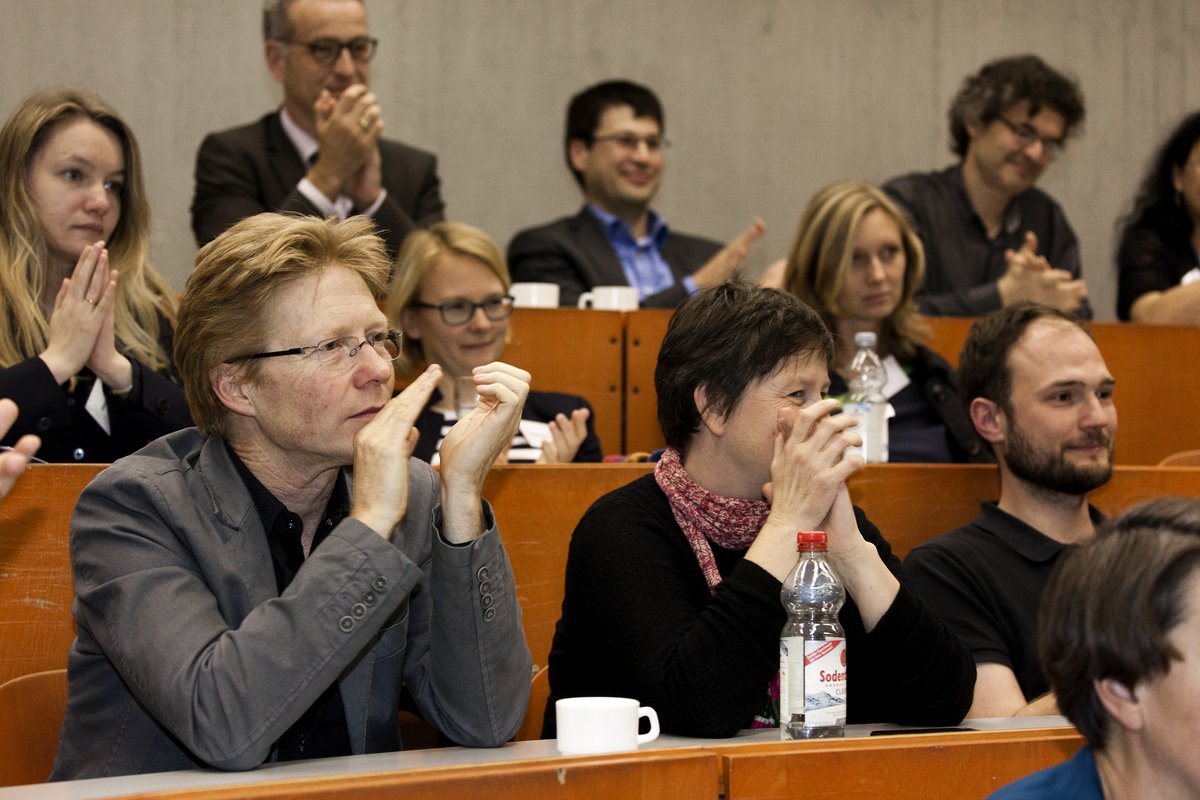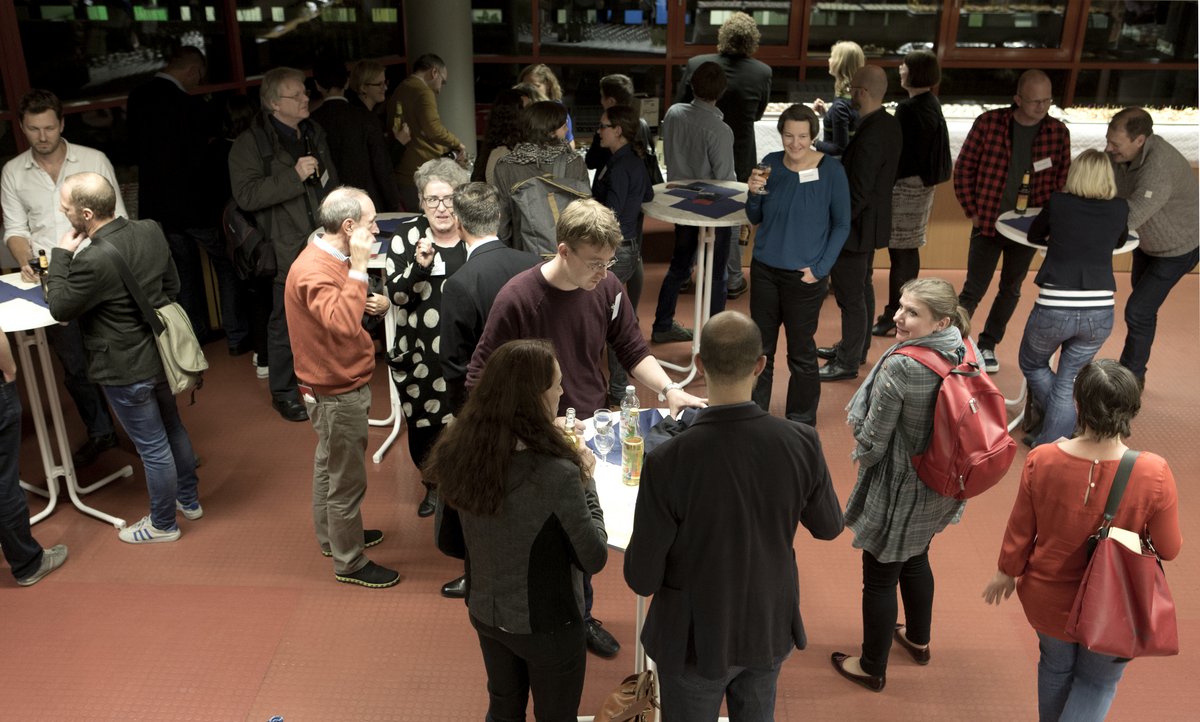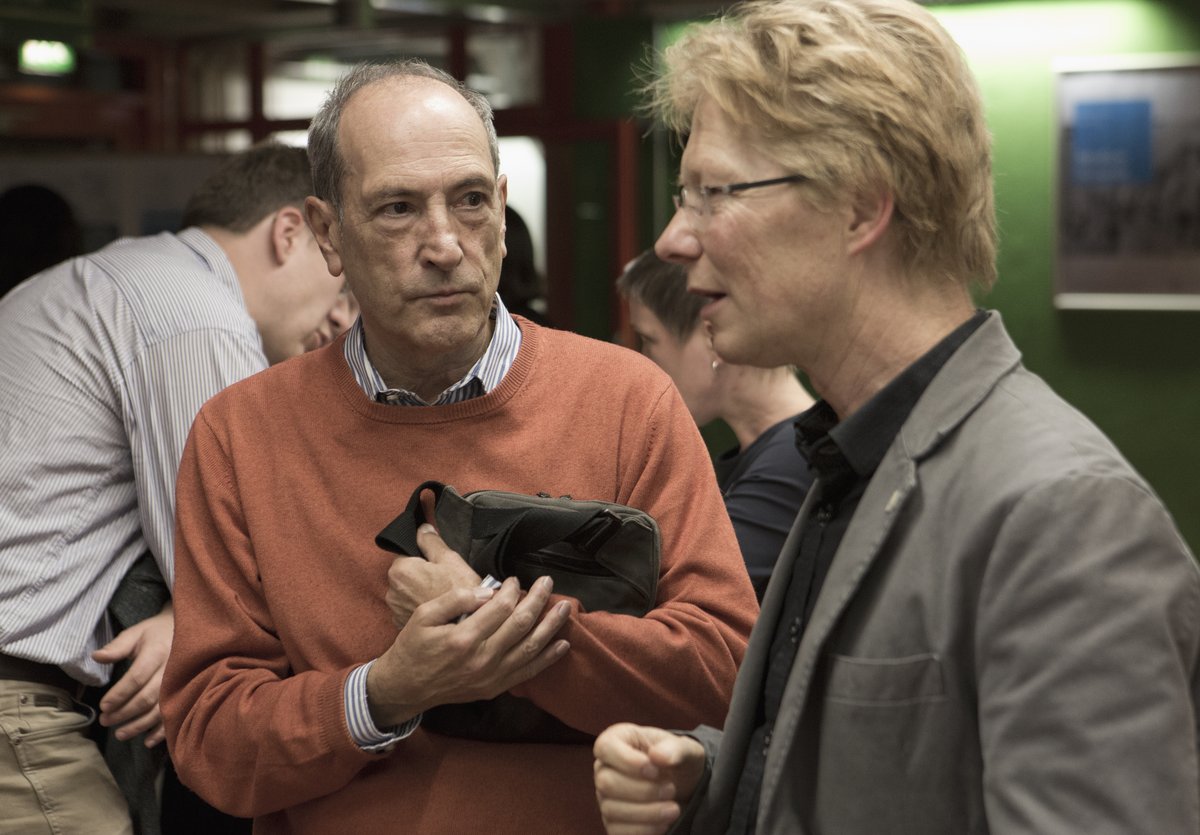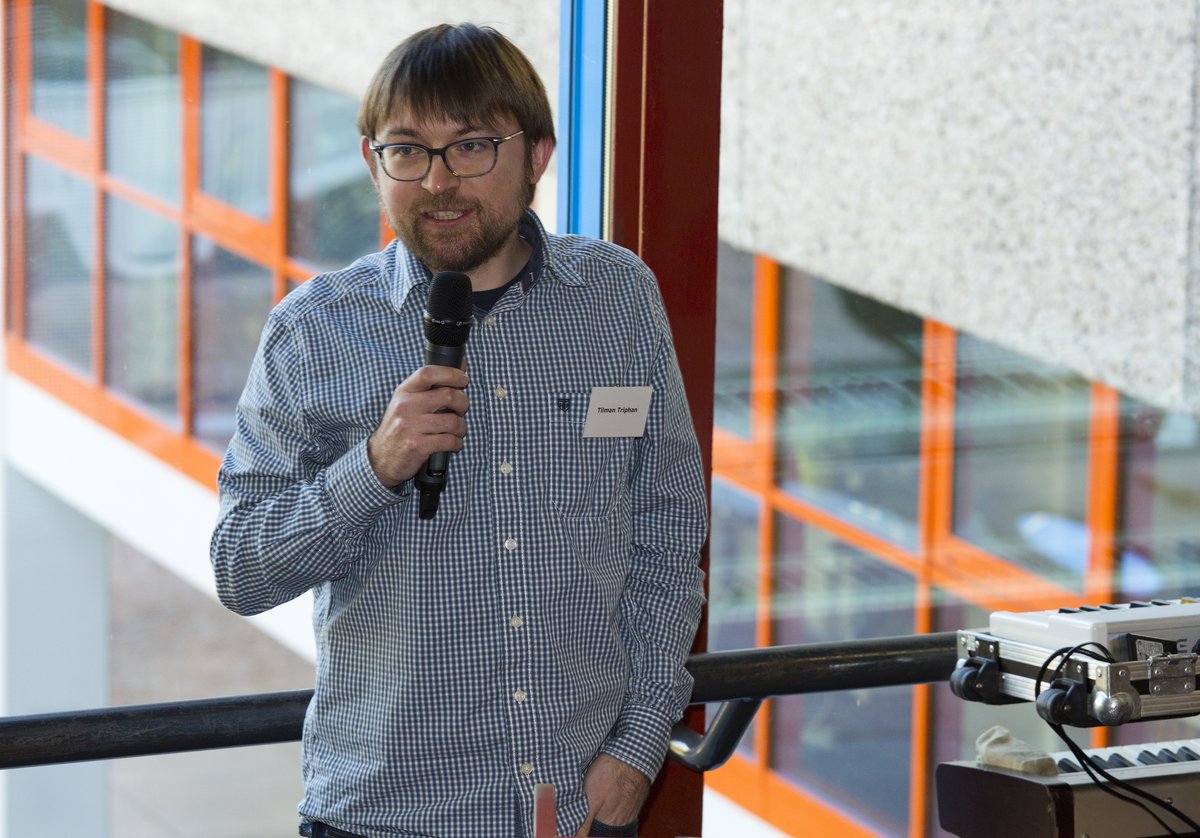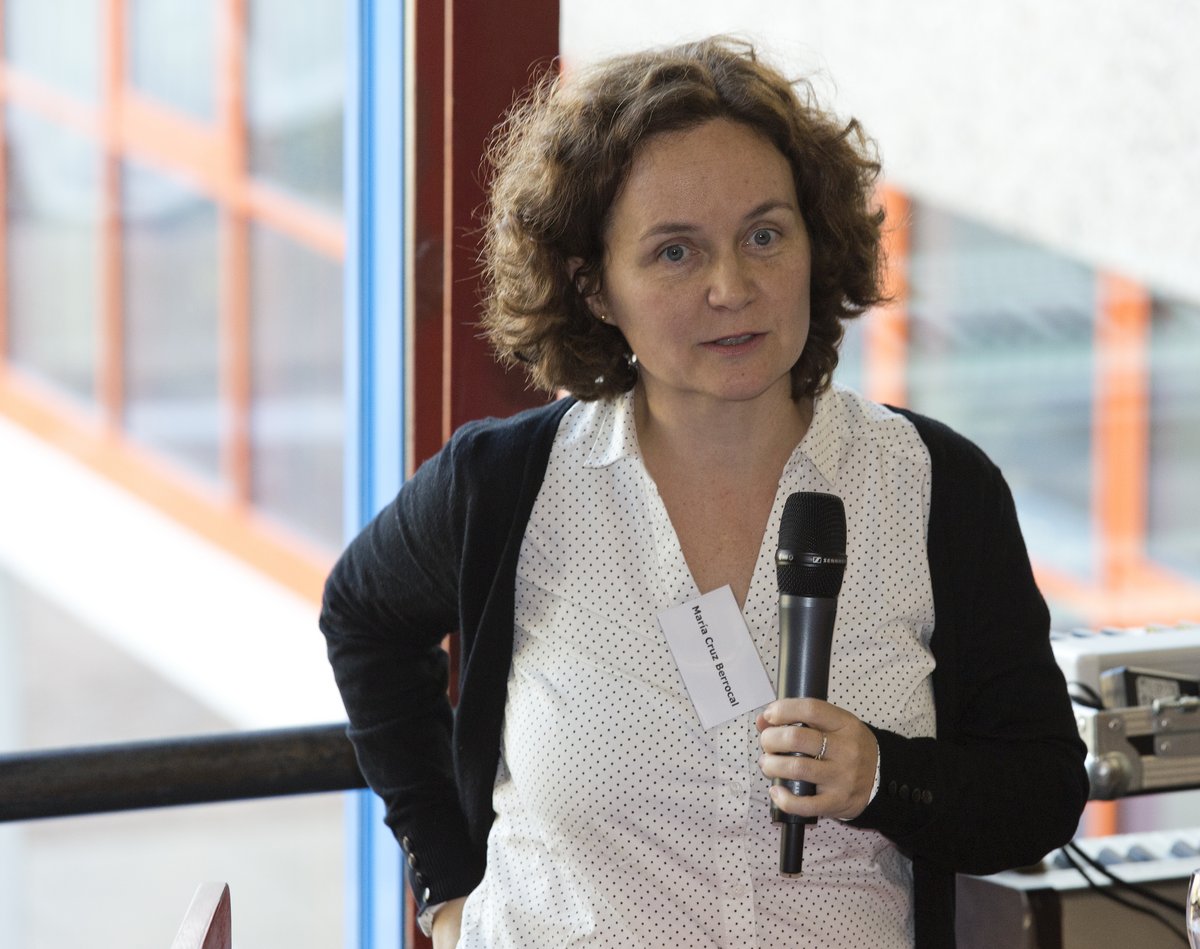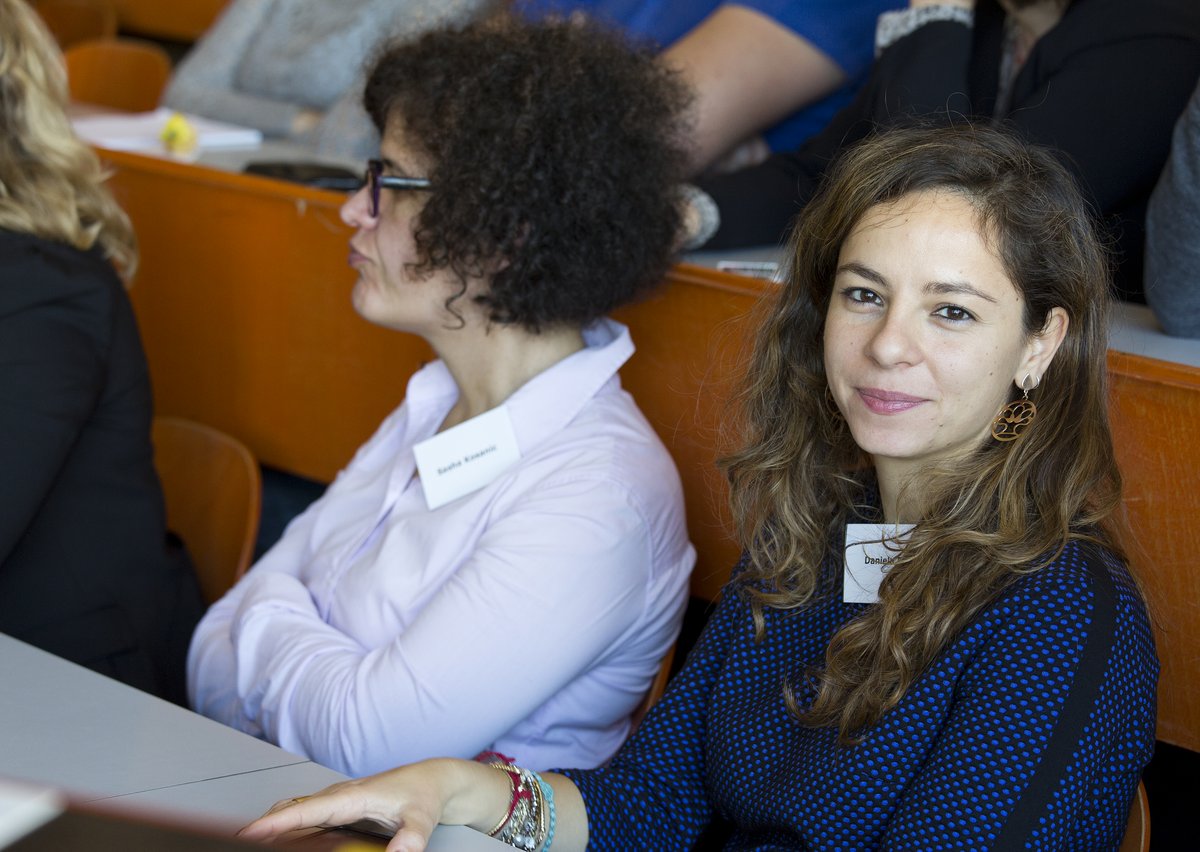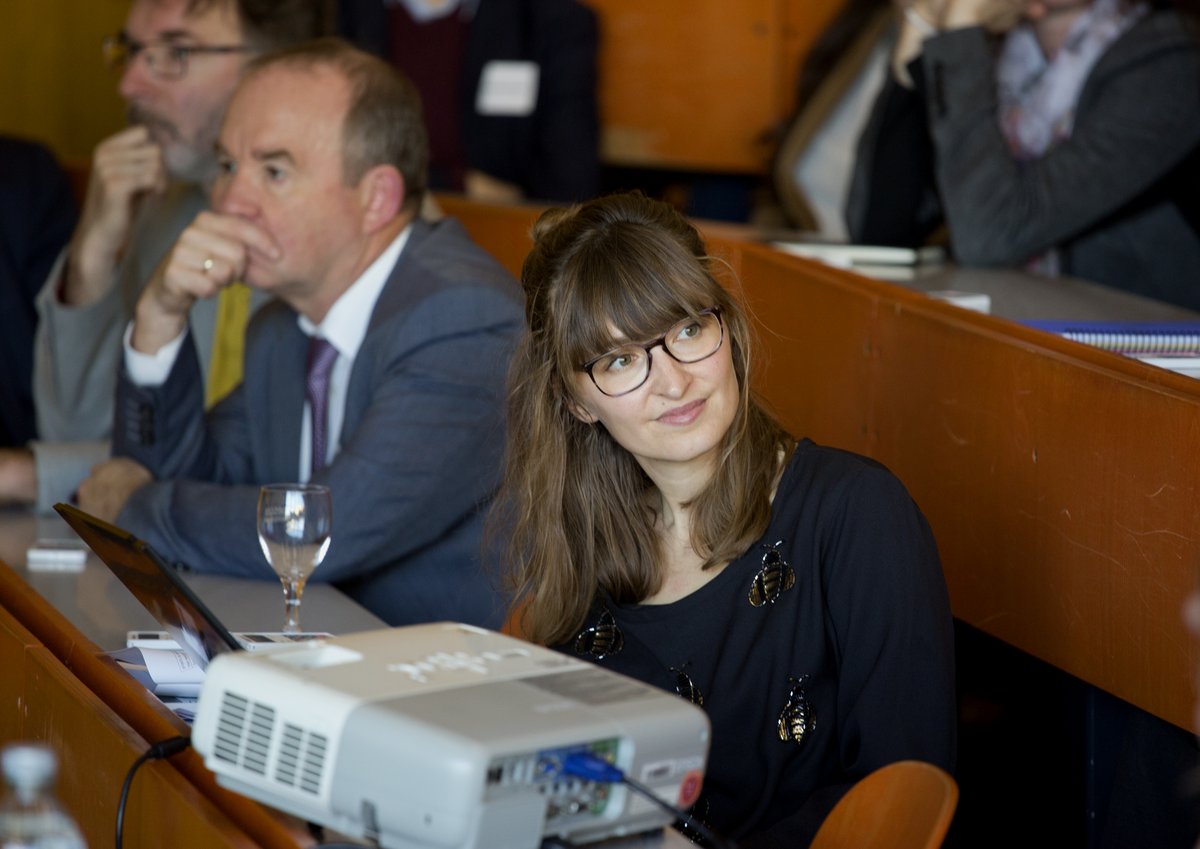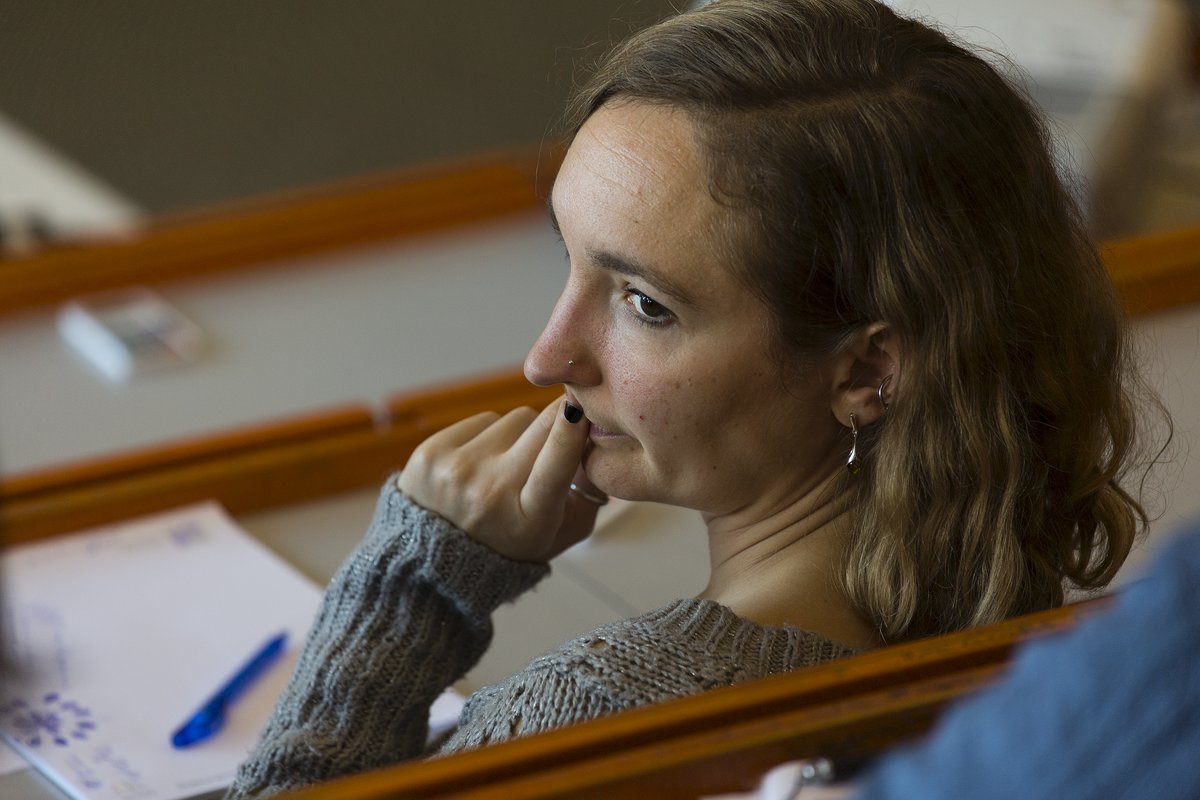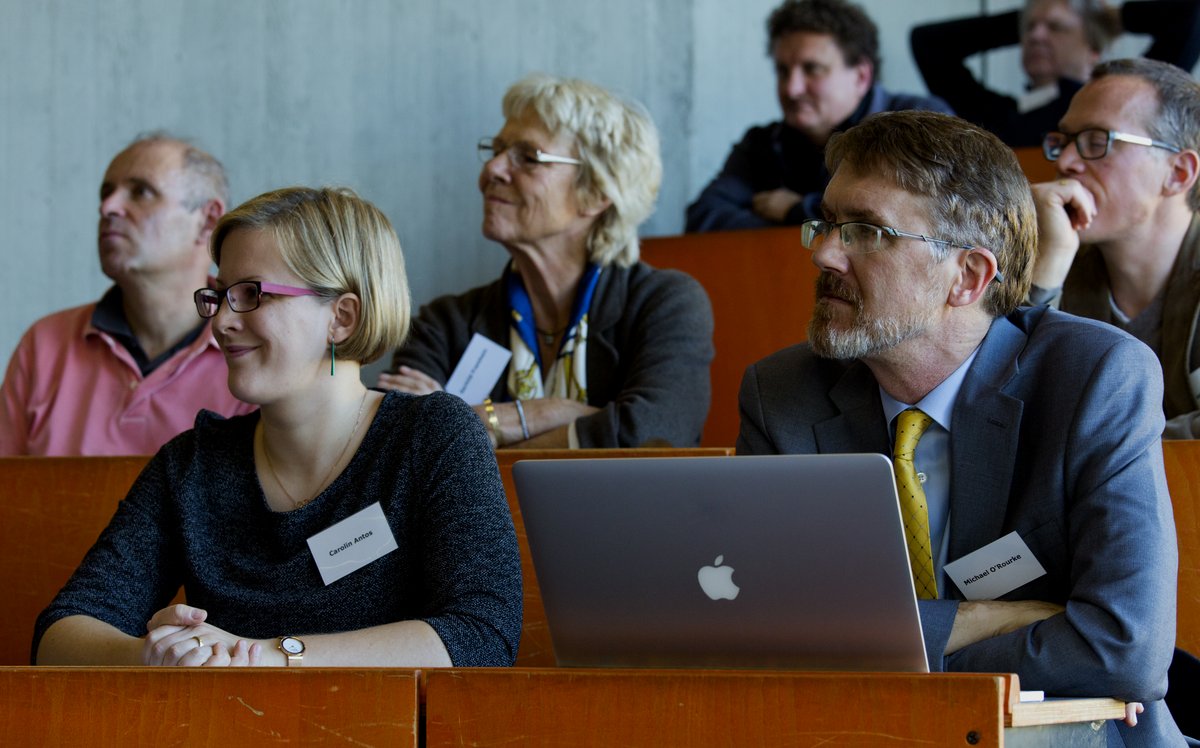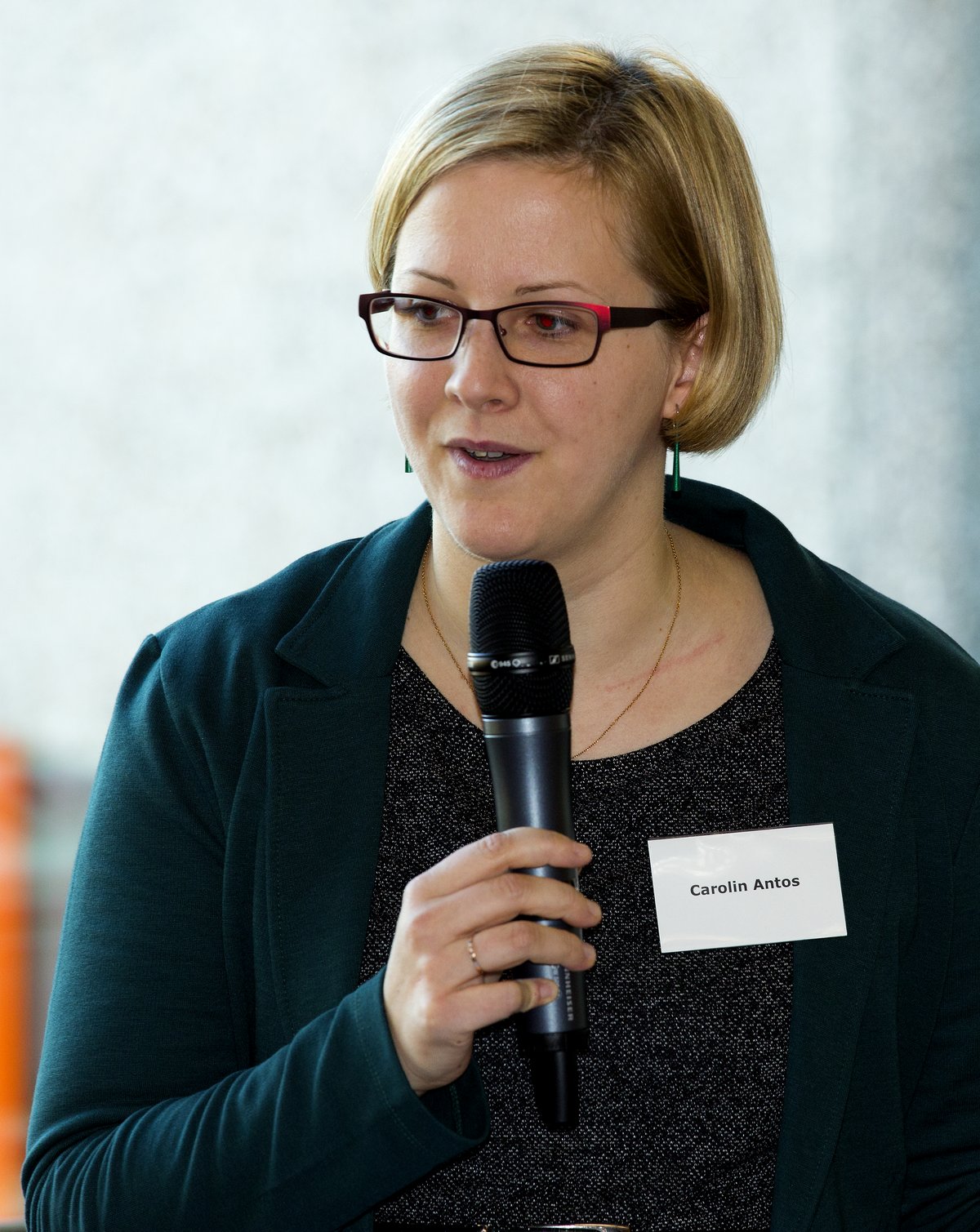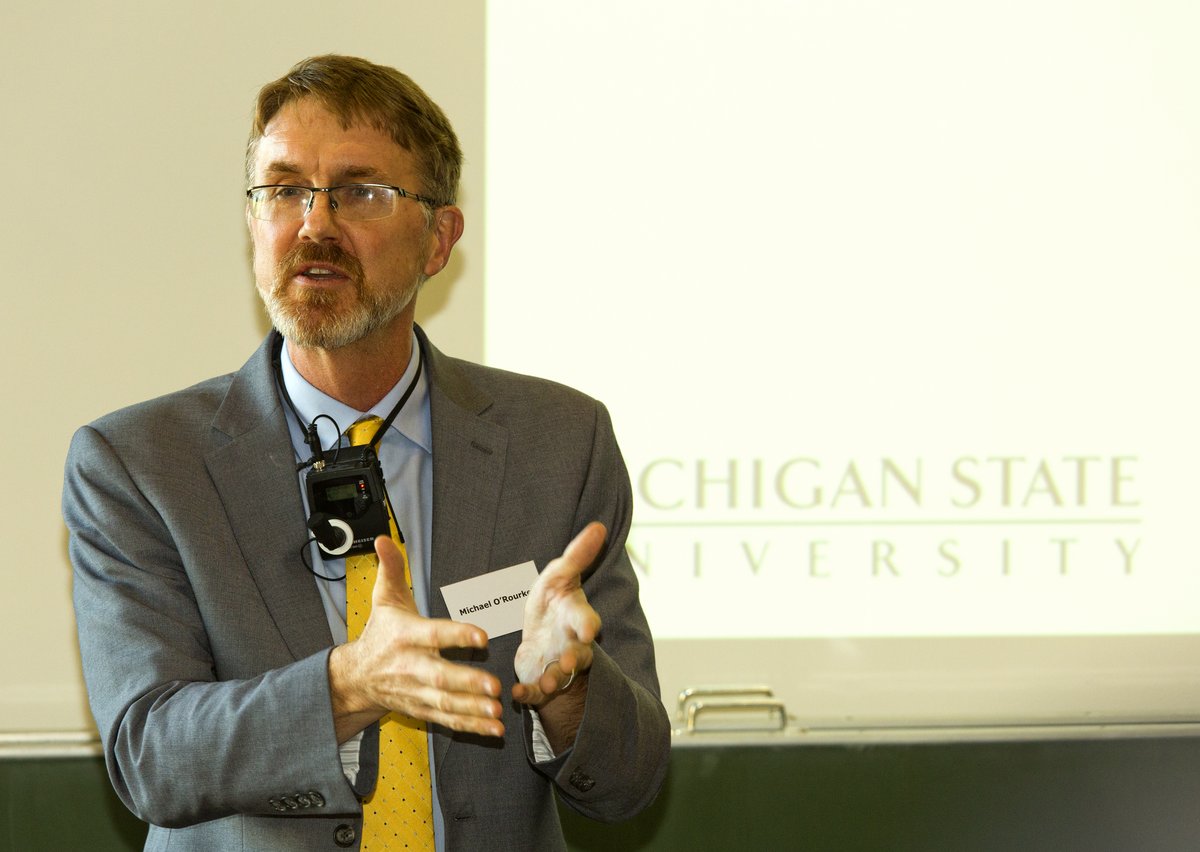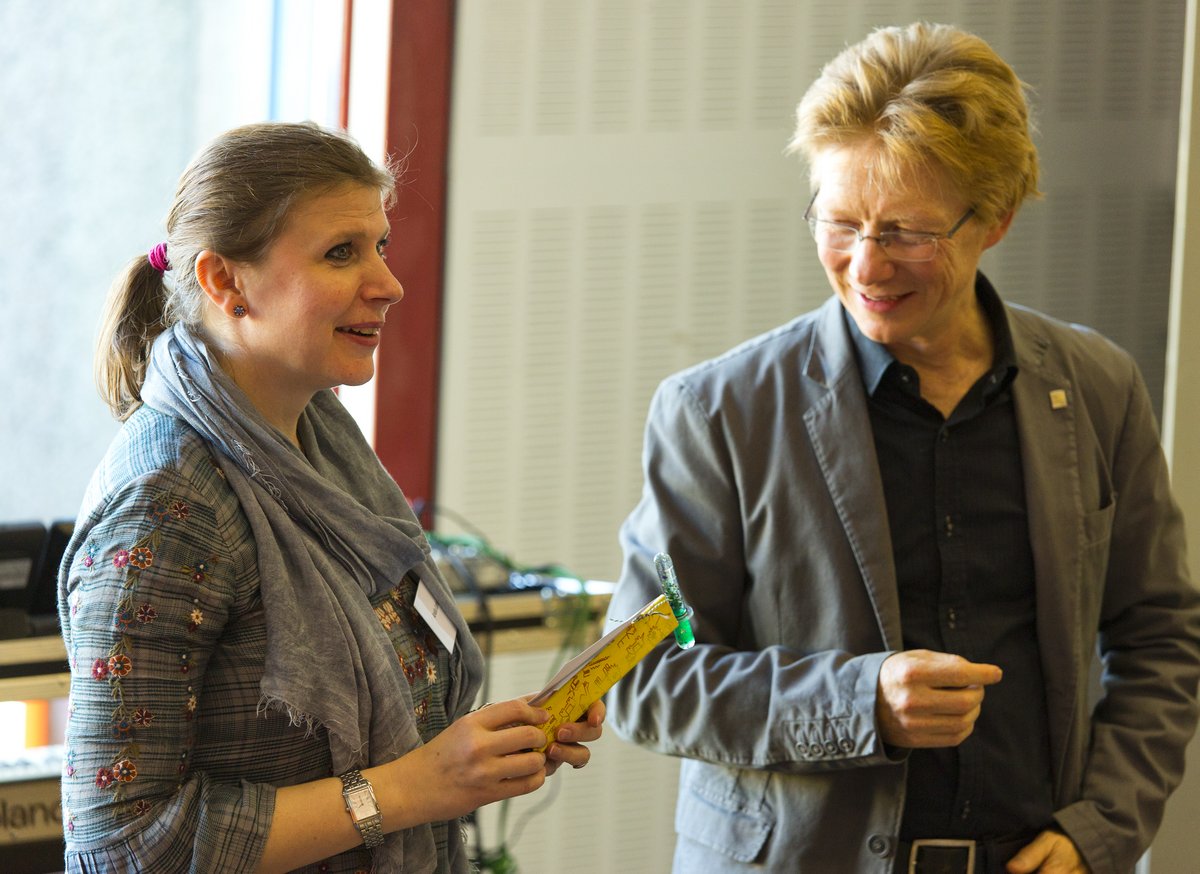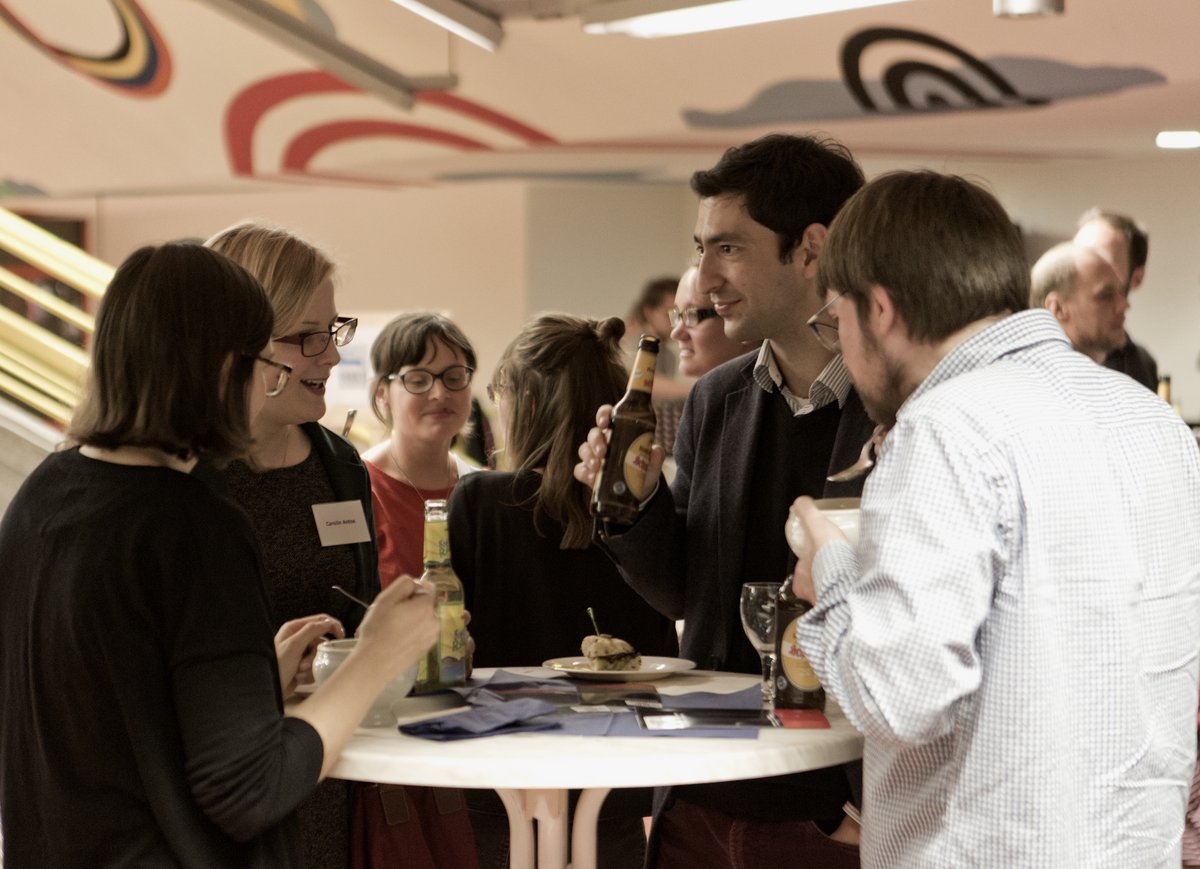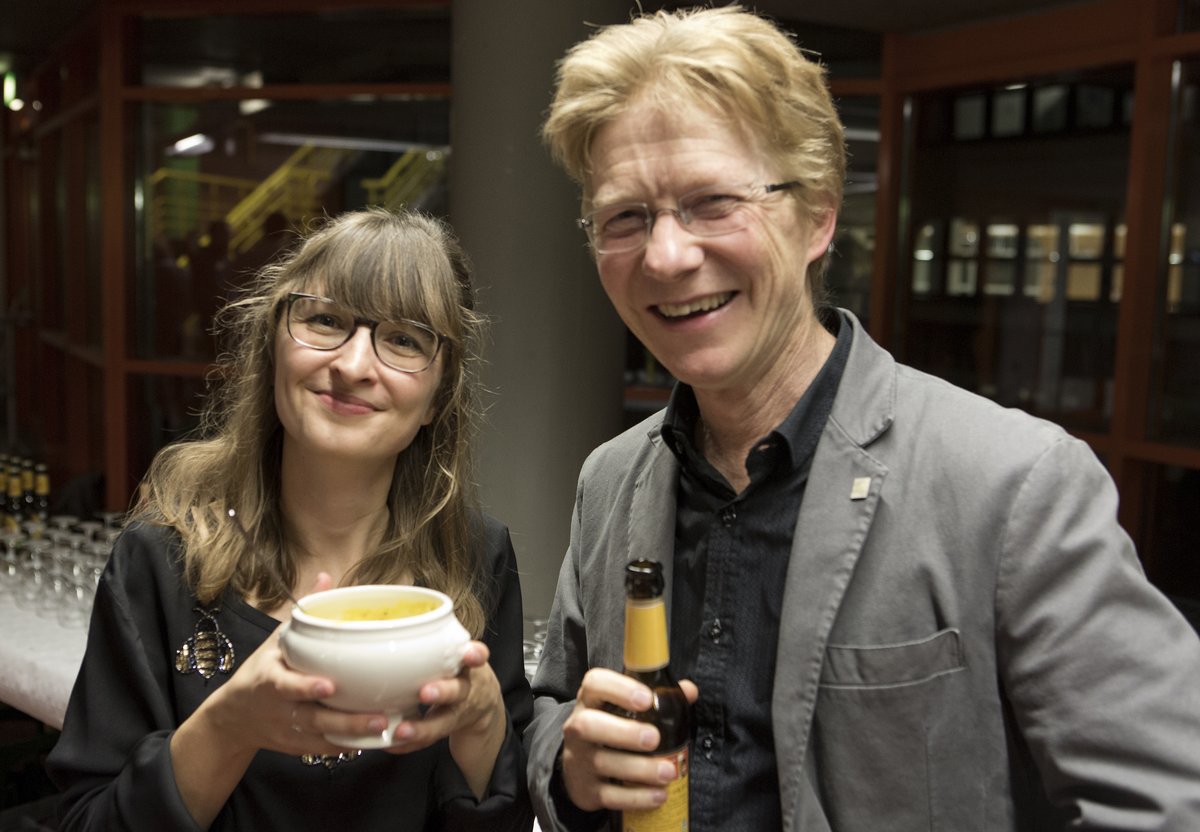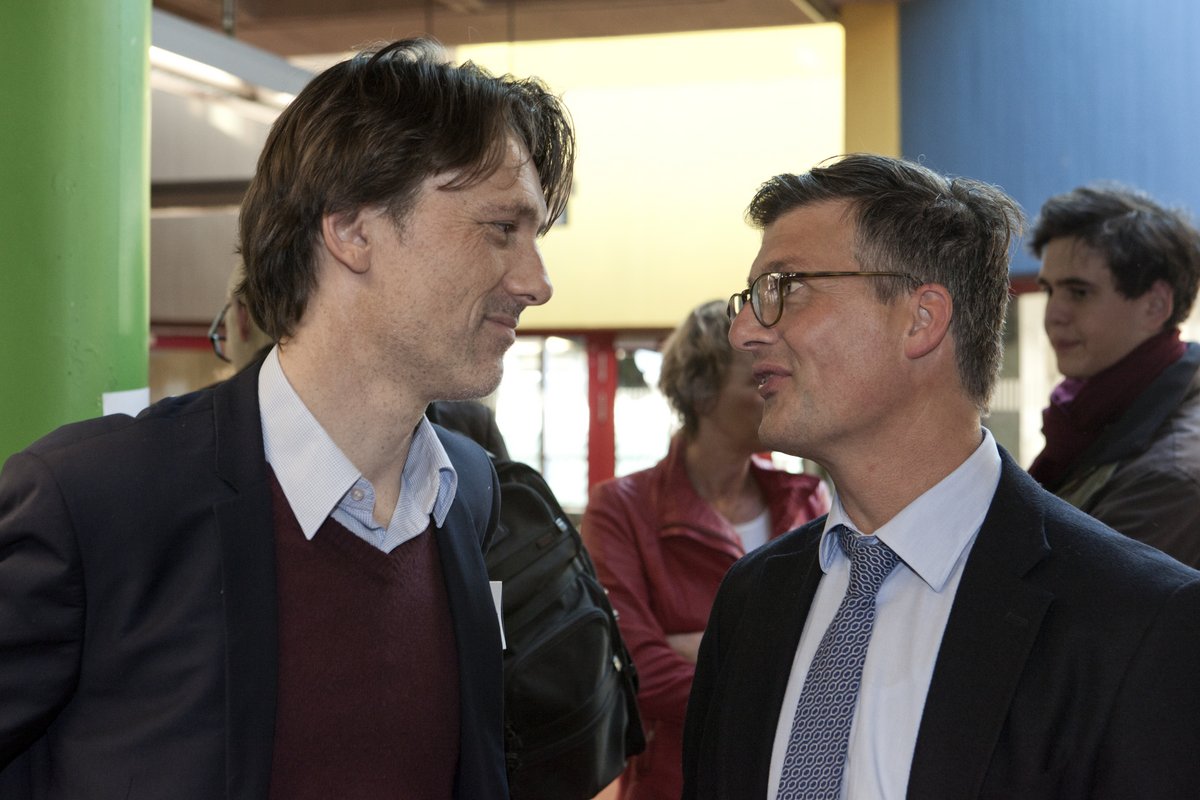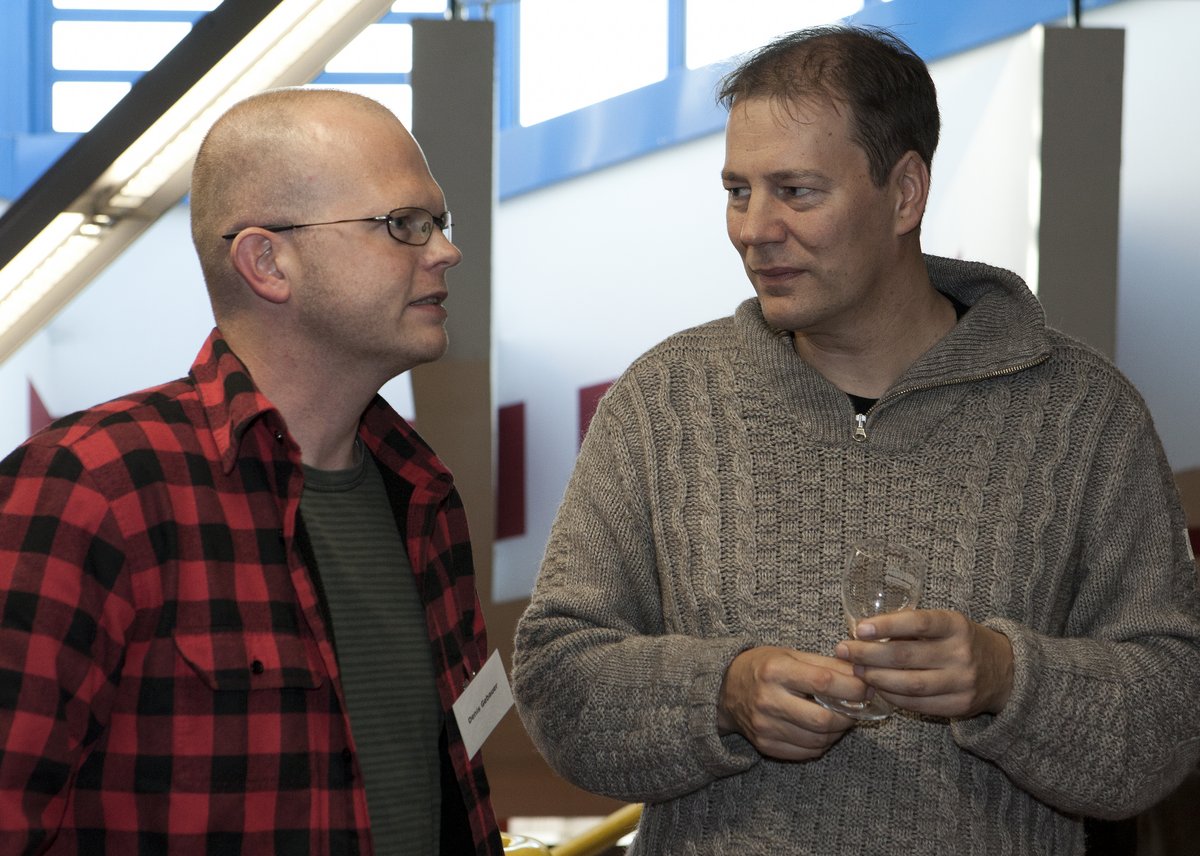
Tell me a story… but which one?
The Zukunftskolleg at the University of Konstanz had a lot of stories to tell on the occasion of its tenth anniversary.
It all began with the question of how to establish a new career path for junior researchers: Ten years ago, after having just earned their PhD, junior researchers had few opportunities to gain a foothold in the research community or to work independently. The founding of the Zukunftskolleg in 2007 paved the way to a new career path for these scientists. The Zukunftskolleg emerged from the Centre for Junior Research Fellows (ZWN - Zentrum für den wissenschaftlichen Nachwuchs), which had already been in existence at the University of Konstanz since 2001. In the wake of the university’s success in the Excellence Initiative, the ZWN secured long-term funding in 2007, marking the starting point for the creation of the Zukunftskolleg. These steps were largely the work of former Konstanz University Rector Gerhart von Graevenitz, in teamwork with Joachim Nettelbeck of the Wissenschaftskolleg in Berlin, who was a member of the Zukunftkolleg’s Scientific Advisory Board from 2007 to 2012. In his address at the tenth anniversary celebration, Mr. Nettelbeck took a look back at the early phases of the institution’s development, particularly the hierarchies of the German academic system and the difficulties overcoming them, as well as the problems associated with Konstanz’s isolated geographical location. It was not easy, he pointed out, for a fledgling university like Konstanz to establish the institutional prerequisites required to attract top talents from all over the world to Konstanz to conduct independent research on new and exciting topics, outside existing structures. But with the Zukunftskolleg, the university succeeded in doing precisely that, Nettelbeck said.
Elke Scheer, professor of physics at the University of Konstanz, and Thomas Bräuninger, professor of political economics at the University of Mannheim, helped to shape both the ZWN and the early Zukunftskolleg as the directors. They underlined the pioneering role that the Zukunftskolleg played in German and international research and still plays today.
However, the Zukunftskolleg serves as a model institution above all for the University of Konstanz itself: Many initiatives, such as Academic Staff Development, were put to the test within the Zukunftskolleg and then transferred to the university at large. Dirk Leuffen, Vice-Rector for Research and Academic Staff Development and member of the Zukunftskolleg Executive Committee, calls the Zukunftskolleg, with its 5i Strategy – independent, interdisciplinary, intra-university, inter-generational and international – a microcosm within the university that radiates strong, positive signals and promotes development throughout the university and beyond.
One turning point for the Zukunftskolleg, and for the competitiveness of the university as a whole, was the acquisition of funding in 2012 from the European Union’s Marie Curie CoFund Programme, which today brings above all international researchers to Konstanz. Stefanie Preuss of Research Support told of her trip with Zukunftskolleg Director Giovanni Galizia to Brussels to convince bureaucrats there that the 6 million euros were well-invested in Konstanz.
But what would the history of the Zukunftskolleg be without the story of its research fellows and their projects? Ninety-nine fellows have conducted research at the Zukunftskolleg since 2007, with 58 percent of them coming from outside Germany. Many have since succeeded in obtaining professorships. On behalf of the entire group, several fellows related what it means to join the Zukunftskolleg as a centre for research. An accompanying poster presentation gave guests a more in-depth introduction to the Zukunftskolleg’s researchers and their diverse, interdisciplinary projects.
Another story was told by philosopher Michael O’Rourke of Michigan State University (USA), who was invited to the celebratory event as keynote speaker. He illuminated his experiences with interdisciplinarity in a talk entitled “Interdisciplinarity, integration and dialogue: Reflections on the philosophy of interdisciplinarity.” O’Rourke is Director of the ToolBox Project, a research initiative sponsored by the US National Science Foundation that investigates philosophical approaches to facilitating interdisciplinary research.
The most humorous story of the afternoon by far was told by the Konstanz Improvisation Theatre. In their sketch, “Getting lost in the academic system – The struggles of a junior scientist,” they parodied the confounding turns in the life of a young researcher on his or her way to becoming a professor with a lot of interactive help from the audience.
Guests then enjoyed food and beverages, to the music of the University of Konstanz jazz band, while passing in review both the informative and entertaining afternoon, and the last decade of the Zukunftskolleg.
For more information, visit: http://zukunftskolleg.uni.kn/
For more stories about the Zukunftskolleg, particularly the successful career paths of its former Fellows, see the Alumni Series of articles at: https://www.uni-konstanz.de/zukunftskolleg/people/alumniae/alumni-career-paths/

